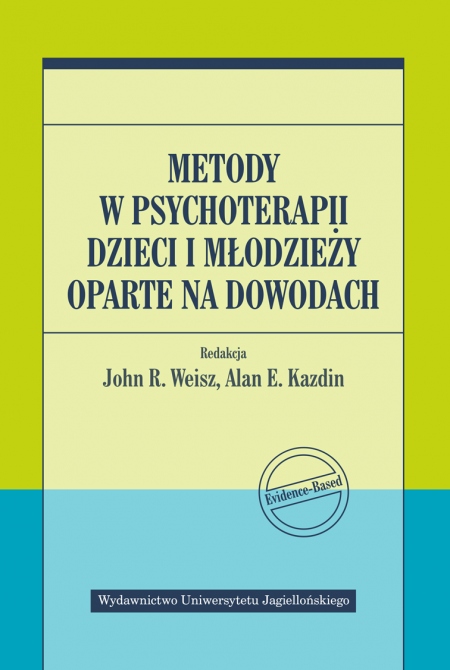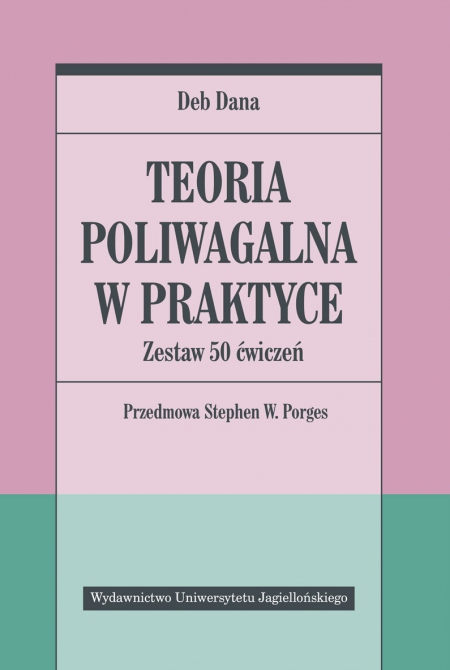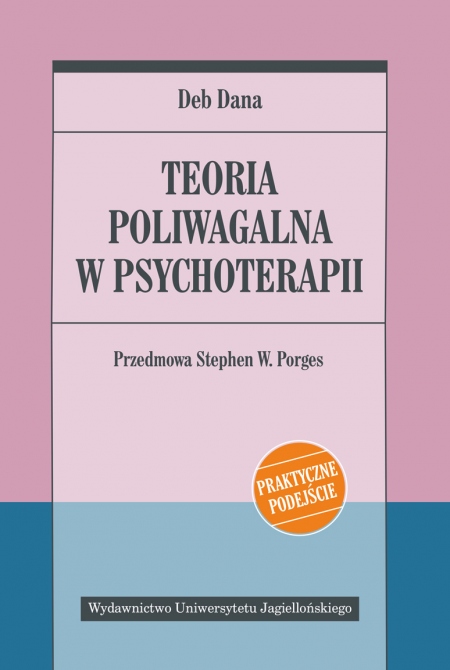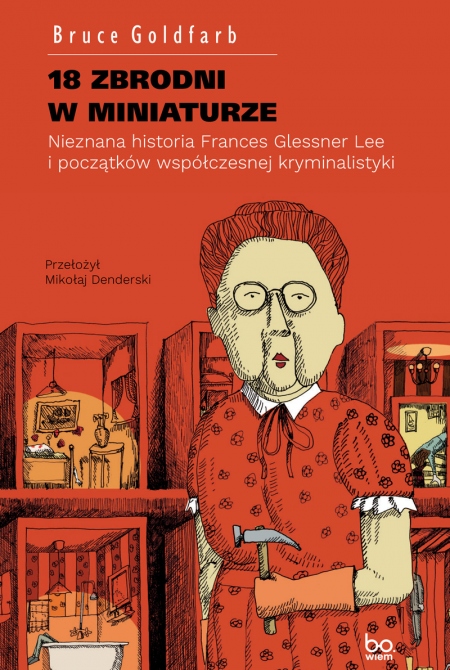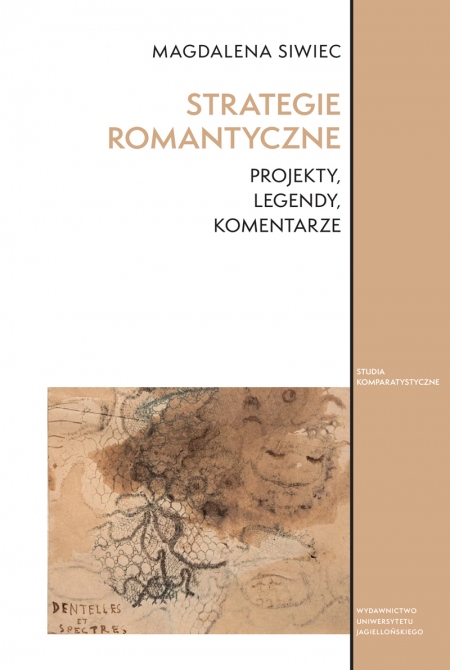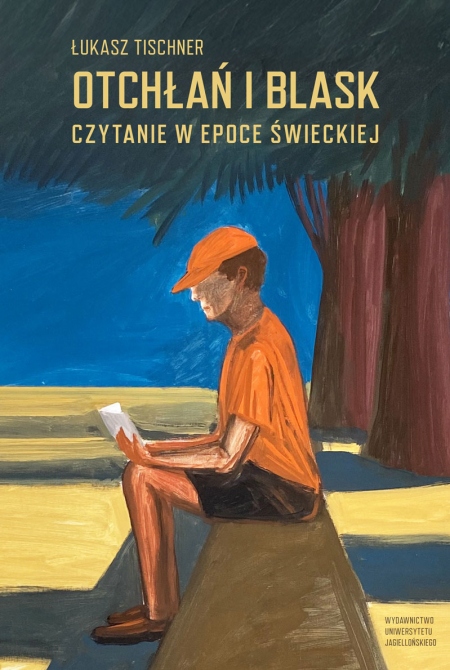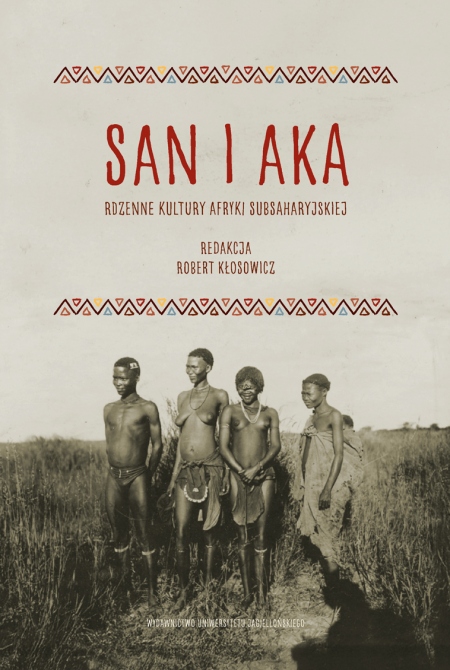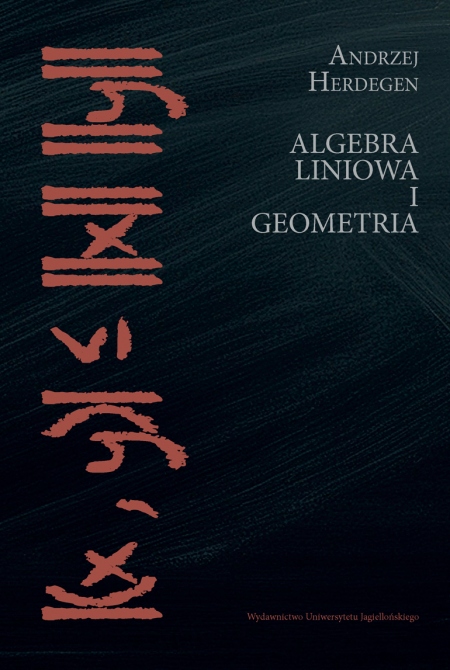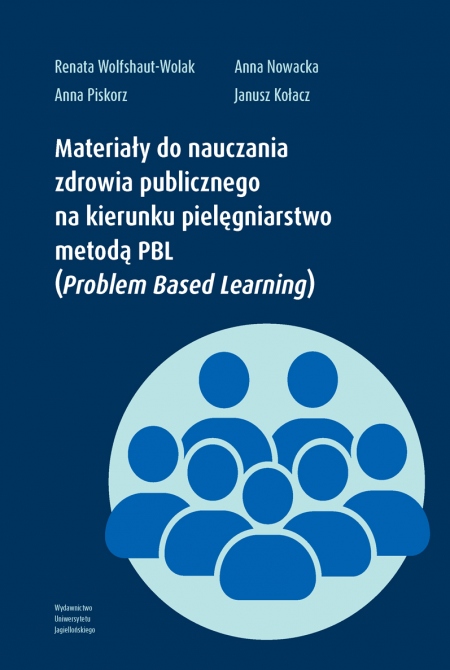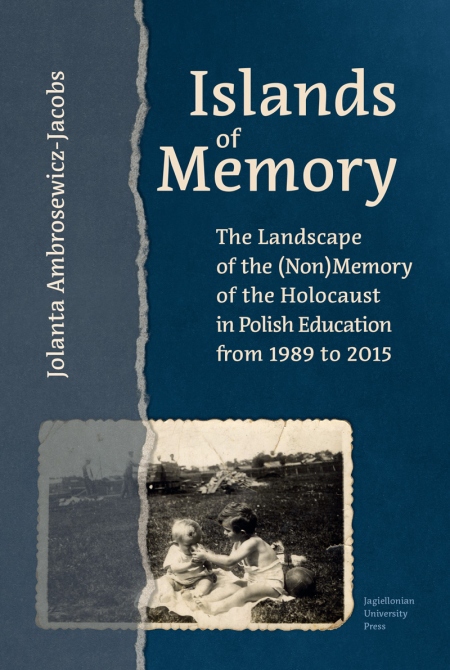
Islands of Memory
The Landscape of the (Non)Memory of the Holocaust in Polish Education from 1989 to 2015
Liczba stron: 488
Format: 15,8x23,5 cm
Rok wydania: 2020
Data premiery: 04.03.2021
Data wydania e-booka: 16.06.2021
Opis książki
This work by Jolanta Ambrosewicz-Jacobs is a fascinating contribution to the studies of Polish memory of the Holocaust, and particularly how it is shaped by the educational process. It is almost entirely based on results of quantitative and qualitative research conducted among young people in Poland in 2008. The goal was to assess students’ knowledge of the Holocaust, their attitude towards Jews and the scale of antisemitic convictions amongst them. The respondents replied to questions raised following the publication of Neighbors by Jan Tomasz Gross, which resulted not only in stormy debate on the participation of some Poles in the Holocaust, but also in new research on this subject. Have these new findings about the dark pages in Polish history permeated the curricula and content of school textbooks? Have they found their reflection in the consciousness of young people? Jolanta Ambrosewicz-Jacobs answers these questions in this insightful work which explores the numerous meanders of education about the Holocaust in Poland. Islands of Memory may be seen as an endorsement of non-conventional forms of educating about the Holocaust, of the local initiatives to commemorate it and the educational efforts undertaken beyond the school walls by teachers and volunteers who act as guardians of memory. We might not find their names in the headlines, but this book is very much about them.
Piotr Forecki, professor of the Adam Mickiewicz University in Poznań
Jolanta Ambrosewicz-Jacobs is a professor of the Jagiellonian University, where she lectures at the UNESCO Chair for Education about the Holocaust at the Institute of European Studies. She has been a Fellow of the Kosciuszko Foundation in Berkeley, the Ina Levine Invitational Scholar at the United States Holocaust Memorial Museum in Washington, DC, and between 2008 and 2016 she was the Director of the Center for Holocaust Studies at the Jagiellonian University. She has conducted research at Columbia, Oxford, Cambridge, and served as a member of projects organised by DAAD, FRA, IHRA and the British Council.
______________________________________________________
Książka Jolanty Ambrosewicz-Jacobs stanowi interesującą lekturę z dziedziny studiów nad polską pamięcią Holokaustu, a zwłaszcza jej kształtowania w procesie edukacji. Niemal w całości oparta została na wynikach ogólnopolskich badań, które w 2008 roku przeprowadzone zostały wśród młodzieży. Ich celem było przede wszystkim rozpoznanie, co uczniowie wiedzą na temat Holokaustu, jakie jego reprezentacje dominują w ich świadomości, ale także jaki jest ich stosunek do Żydów oraz skala podzielanych antysemickich przekonań. Na zadane pytania respondenci odpowiadali już po publikacji książki Sąsiedzi. Historia zagłady żydowskiego miasteczka Jana Tomasza Grossa, która zaowocowała nie tylko burzliwą debatą na temat współudziału Polaków w Holokauście, lecz również postępem badań na ten temat. Czy te nowe ustalenia o czarnych kartach w polskiej historii, których stale przybywa, przenikają do programów nauczania i treści podręczników szkolnych? Czy mają swój refleks w świadomości młodzieży? Na te pytania Jolanta Ambrosewicz-Jacobs również odpowiada. Jej książka to swoisty raport ze stanu wiedzy polskiej młodzieży przed i po debacie jedwabieńskiej zanim jeszcze agresywna polityka historyczna w obronie polskiej niewinności na dobre zaczęła siać spustoszenie, które nie ominęło edukacji. Jednakże autorka nie ograniczyła się wyłącznie do analizy wyników badań sondażowych. Na podstawie licznych wywiadów z nauczycielami i edukatorami, wniosków płynących z obserwacji uczestniczących, analizy programów nauczania, wytycznych ministerialnych oraz wielu innych materiałów źródłowych, napisała wnikliwą książkę o meandrach polskiej edukacji o Holokauście. Formalnej, upaństwowionej i przenikniętej duchem polonocentryzmu, ale także otwartej, eksperymentalnej i niezależnej. Książka Islands of Memory. The Landscape of the (Non)Memory of the Holocaust in Polish Education from 1989 to 2015 może być zatem również czytana jako dowód uznania dla niekonwencjonalnych form nauczania o Holokauście, lokalnych inicjatyw jego upamiętniania i edukowania o nim poza murami szkół przez samozwańczych strażników pamięci. Ich nazwisk nie znajdziemy na pierwszych stronach gazet, ale to także o nich jest ta książka.
Dr hab. Piotr Forecki, prof. Uniwersytetu im. Adama Mickiewicza w Poznaniu
Piotr Forecki, professor of the Adam Mickiewicz University in Poznań
Jolanta Ambrosewicz-Jacobs is a professor of the Jagiellonian University, where she lectures at the UNESCO Chair for Education about the Holocaust at the Institute of European Studies. She has been a Fellow of the Kosciuszko Foundation in Berkeley, the Ina Levine Invitational Scholar at the United States Holocaust Memorial Museum in Washington, DC, and between 2008 and 2016 she was the Director of the Center for Holocaust Studies at the Jagiellonian University. She has conducted research at Columbia, Oxford, Cambridge, and served as a member of projects organised by DAAD, FRA, IHRA and the British Council.
______________________________________________________
Książka Jolanty Ambrosewicz-Jacobs stanowi interesującą lekturę z dziedziny studiów nad polską pamięcią Holokaustu, a zwłaszcza jej kształtowania w procesie edukacji. Niemal w całości oparta została na wynikach ogólnopolskich badań, które w 2008 roku przeprowadzone zostały wśród młodzieży. Ich celem było przede wszystkim rozpoznanie, co uczniowie wiedzą na temat Holokaustu, jakie jego reprezentacje dominują w ich świadomości, ale także jaki jest ich stosunek do Żydów oraz skala podzielanych antysemickich przekonań. Na zadane pytania respondenci odpowiadali już po publikacji książki Sąsiedzi. Historia zagłady żydowskiego miasteczka Jana Tomasza Grossa, która zaowocowała nie tylko burzliwą debatą na temat współudziału Polaków w Holokauście, lecz również postępem badań na ten temat. Czy te nowe ustalenia o czarnych kartach w polskiej historii, których stale przybywa, przenikają do programów nauczania i treści podręczników szkolnych? Czy mają swój refleks w świadomości młodzieży? Na te pytania Jolanta Ambrosewicz-Jacobs również odpowiada. Jej książka to swoisty raport ze stanu wiedzy polskiej młodzieży przed i po debacie jedwabieńskiej zanim jeszcze agresywna polityka historyczna w obronie polskiej niewinności na dobre zaczęła siać spustoszenie, które nie ominęło edukacji. Jednakże autorka nie ograniczyła się wyłącznie do analizy wyników badań sondażowych. Na podstawie licznych wywiadów z nauczycielami i edukatorami, wniosków płynących z obserwacji uczestniczących, analizy programów nauczania, wytycznych ministerialnych oraz wielu innych materiałów źródłowych, napisała wnikliwą książkę o meandrach polskiej edukacji o Holokauście. Formalnej, upaństwowionej i przenikniętej duchem polonocentryzmu, ale także otwartej, eksperymentalnej i niezależnej. Książka Islands of Memory. The Landscape of the (Non)Memory of the Holocaust in Polish Education from 1989 to 2015 może być zatem również czytana jako dowód uznania dla niekonwencjonalnych form nauczania o Holokauście, lokalnych inicjatyw jego upamiętniania i edukowania o nim poza murami szkół przez samozwańczych strażników pamięci. Ich nazwisk nie znajdziemy na pierwszych stronach gazet, ale to także o nich jest ta książka.
Dr hab. Piotr Forecki, prof. Uniwersytetu im. Adama Mickiewicza w Poznaniu
ISBN: 978-83-233-4930-3
e-ISBN (pdf): 978-83-233-7189-2
Kraj pochodzenia producenta: Polska
POLECANE KSIĄŻKI
105,00
zł
84,00
zł
NOWOŚCI

Islands of Memory
The Landscape of the (Non)Memory of the Holocaust in Polish Education from 1989 to 2015
Islands of Memory
The Landscape of the (Non)Memory of the Holocaust in Polish Education from 1989 to 2015
Wybierz rozdziały:
Wartość zamówienia:
0.00 zł
